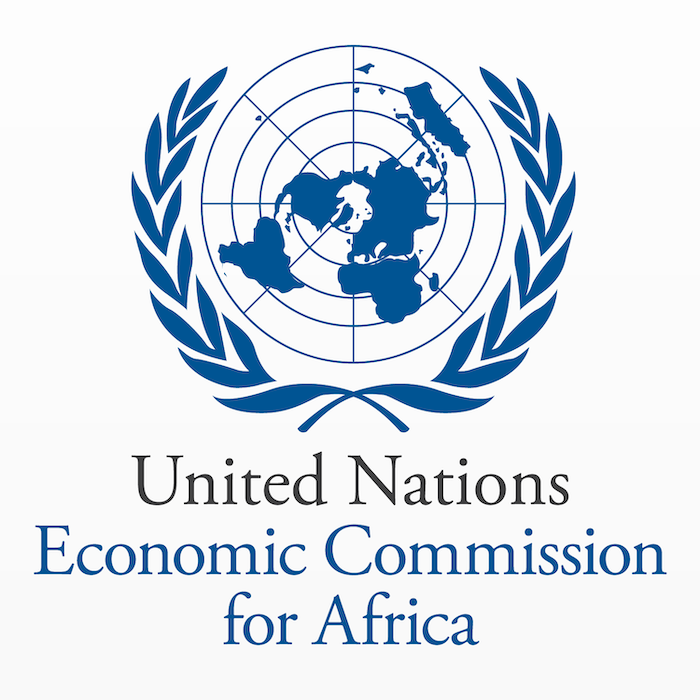Considered the future of Africa, youth can contribute to economic transformation of the continent but need skills to be employable, a challenge that should be addressed through investment in education and skills development.
Addressing the 5th Session of the Committee on Social Policy, Poverty and Gender, the African Union Commissioner for Education, Science, Technology and Innovation (ESTI), Mohammed Belhocine, highlighted that a new social contract anchored in education and skills development was the key to unlocking Africa’s potential and fulfilling the aspirations of its people.
“The success of a new social contract requires that Africa harness its population demographic dividend, especially the women and youth, whose energy, creativity, and courage must drive its development agenda,” said Mr. Belhocine, in an address, delivered on his behalf by Ms. Sophia Ashipala, AU Head of the Education Division.
He said a paradigm shift in the approach to education and skills development is required to move beyond traditional models and embrace innovative methods that harness technology, creativity, and experiential learning.
In addition, there is a need to close the gender gap in education and skills development.
“Empowering women and girls through education is not just a moral imperative but an economic one,” he noted, adding that, “When women have equal access to education and opportunities, they contribute significantly to economic growth and social development.”
Mr. Belhocine noted that Africa is in a paradox. The continent was the cradle of humanity and the site of unparalleled diversity with a youthful population, had abundant natural resources, with a vast potential for growth and prosperity, yet the same continent was grappling with numerous challenges, including poverty, inequality, and social disparities.
According to the African Development Bank, Africa’s youth population is expected to double to 830 million by 2050, making education and skill development even more critical. The World Bank estimated that sub-Saharan Africa had the highest youth unemployment rate globally, reaching over 20% in some countries.
According to UNESCO, out of the 500 million children in the 5-19 age group, close to 100 million are out of school in sub-Saharan Africa.
“This is a tragedy we must urgently address. We must ensure that every child in Africa has access to quality education, regardless of their background or location,” said Mr. Belhocine, adding that, “We must invest in programs that equip African youth with the skills necessary to thrive in the modern job market. This includes digital literacy, vocational training, and entrepreneurship education. By doing so, we not only unlock economic potential but also foster innovation and self-reliance.”
Mr. Belhocine urged governments, civil society, and the private sector to collaborate to invest in education and skills development and that inclusivity should be our guiding principle in ensuring that education and skills development reach the most marginalized and vulnerable communities.
He called for the recognition of the potential of Science, Technology and Innovation (STI) as multi-functional tools and an enabler for achieving continental development goals. For STI to play its pivotal and critical role in Africa’s socio-economic transformation, there must be renewed investments in education.
“Building a new social contract for Africa through education and skills development is not just an aspiration; it is a commitment we must all make,” Mr. Belhocine said, adding that, “It is a promise to the youth of Africa that their dreams are within reach, and it is a pledge to create a continent where no one is left behind.
Economic Commission for Africa (ECA) acting Director of the Gender, Poverty and Social Policy Division (GPSPD), Sweta Saxena, noted that education can be a lever on which Africa can build a new social contract because it is linked to all the SDGs.
With the impending deadline towards the SDGs, Africa is set to miss most of its SDGs targets, Ms. Saxena said, citing that some progress has been made in achieving 15 of the 17 SDGs, especially on health and education, but there has been regression on climate change, people institutions and justice institutions.
She said the only silver lining Africa has been progress on making data available but this too fell short of the mark to make informed decisions. The multiple crises of the COVID 19 pandemic, the Ukraine war and the impact of climate change have stalled progress on SDGS and this has increased poverty and unemployment on the continent.
Citing that one of three children were not at school in Africa, Ms. Saxena said this calls for a rethink on creating a new social contract that can help reap the benefits of a young population. Half of Africa’s population will be below the age of 25 by 2050.
“We need to build a new social contract that can reorder and reprioritise what we want, give equal access to opportunities for all so that everyone can live to their full potential and contribute to society in a meaningful manner,” said Ms. Saxena, adding that this was possible with the prudent use of limited resources and also a symbiotic relationship between government and the people.
Distributed by APO Group on behalf of United Nations Economic Commission for Africa (ECA).
